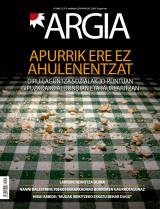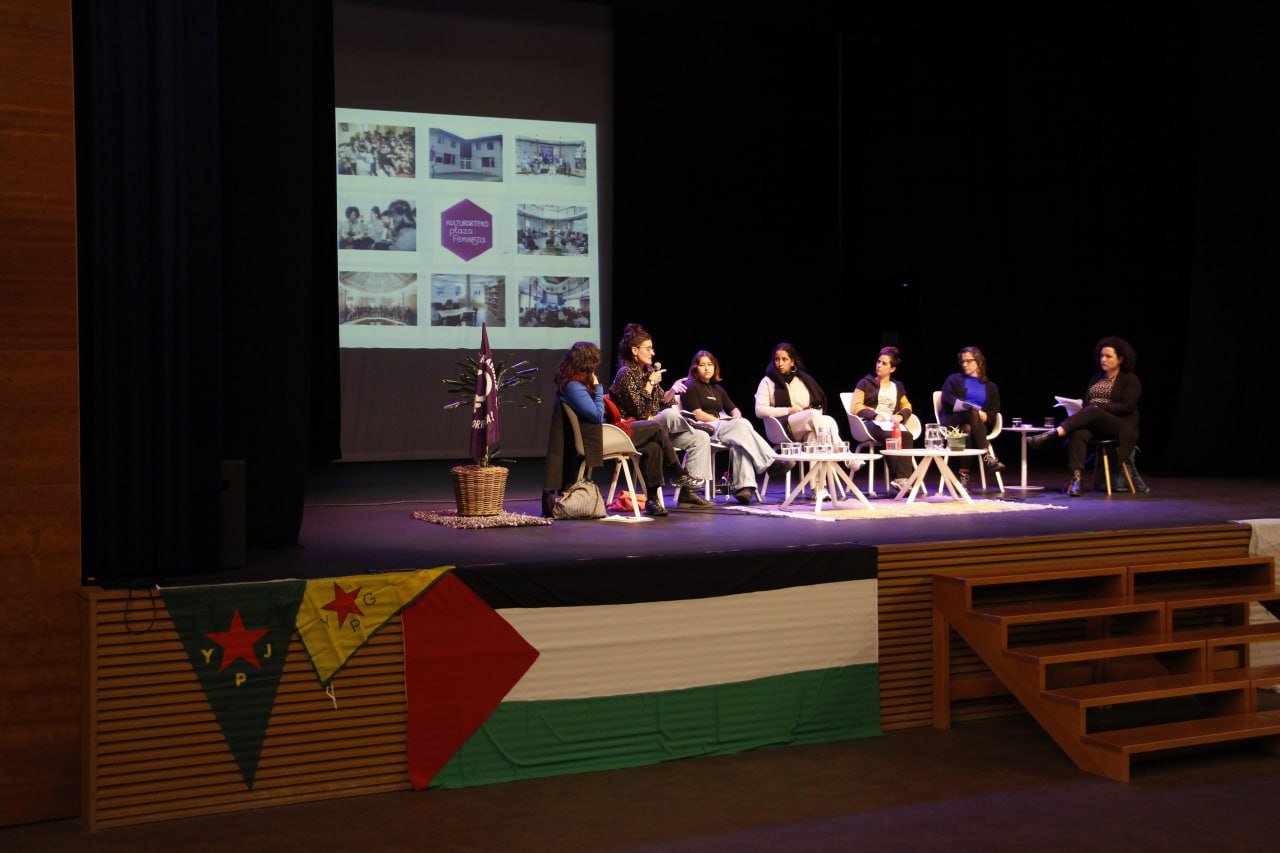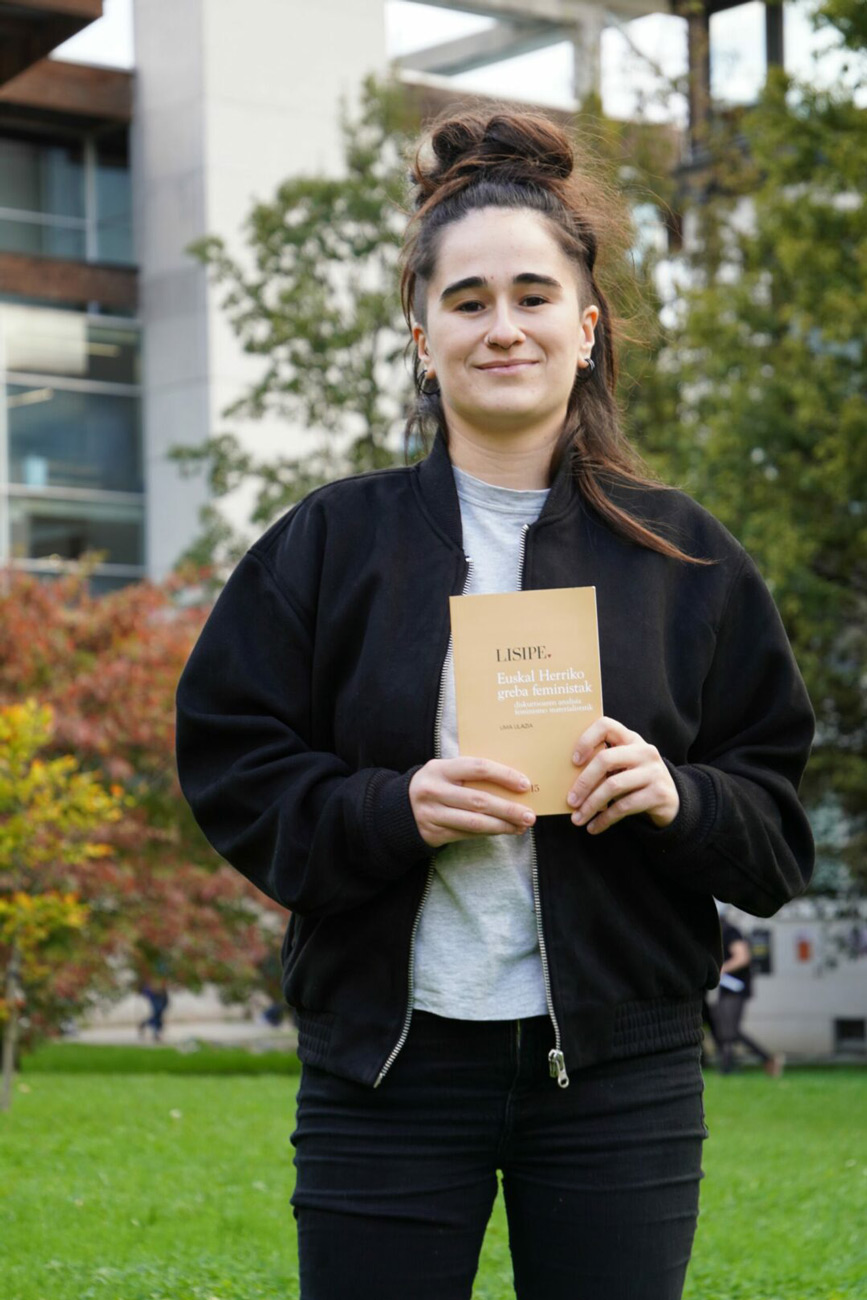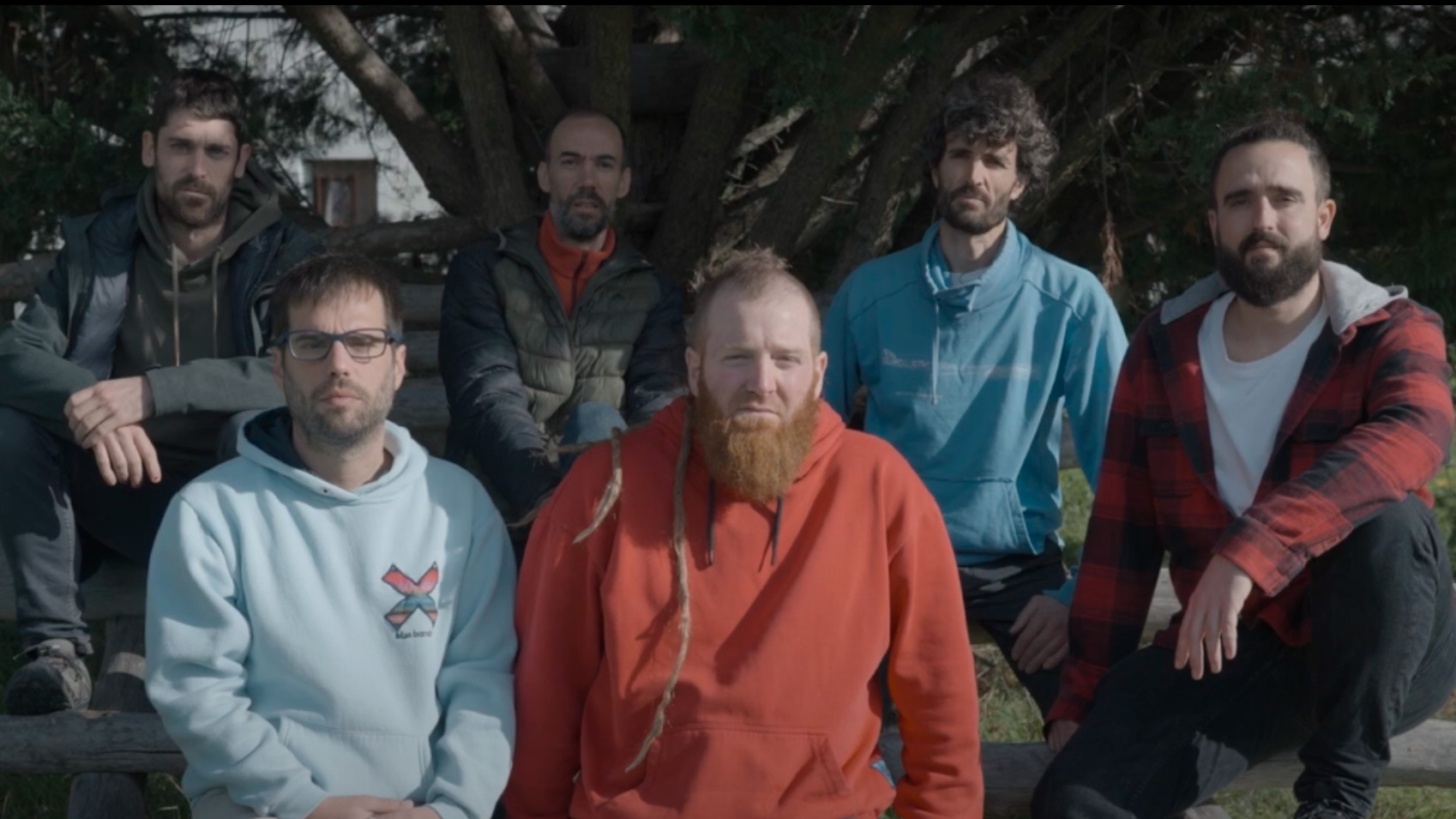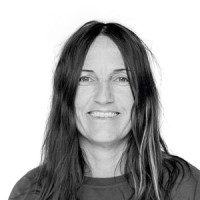Each building their own peace
- Armed conflicts have not been the same in Guatemala, El Salvador and Euskal Herria. Like conflicts, the ways of building peace are also different. The Salvadoran feminist Morena Herrera agrees. In her opinion, one of the keys is to move forward on those issues on which women agree.
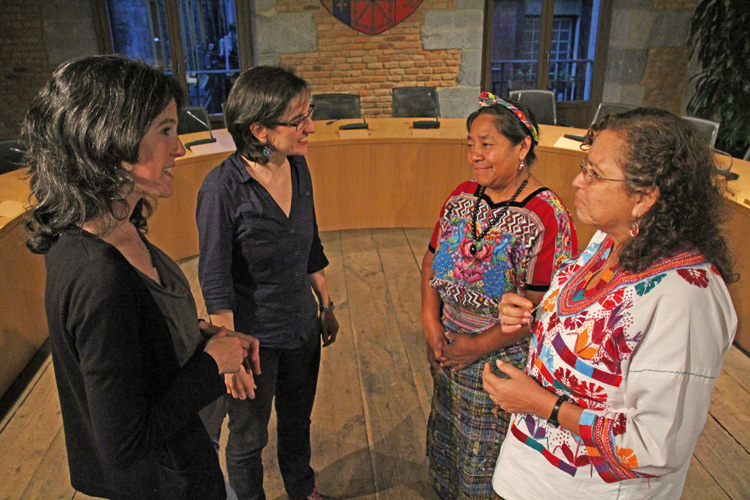
On 23 May, the Forum for the Coexistence of Tolosa and the Mugen Gainetik Association organised a round table on women in the peace building here and in the world. They worked on the needs of women in armed conflicts and in the peace processes, the steps taken and the proposals developed. Morena Herrera (Representative of the Feminist Collective for the Development of El Salvador and member of FMLN), Rosalina Tuyuc (President of the National Coordinator of Viudas of Guatemala, CONAVIGUA) and Irantzu Mendia (Professor of Sociology and Social Work of the UPV and Hegoa researcher) participated.
Monte Irantzu: “Not the war that kills us, nor the peace that oppresses us.”
“Violence against women does not begin in armed conflicts, political violence, or when agreements are reached,” said Mendia. Currently, political violence against women continues: “The intensity, location and forms and contexts of violence have changed – crimes, jail, detention – but violence against women continues. In the new political situation of Euskal Herria we are talking about peace, about coexistence, but there are great democratic deficiencies: violence has not ended, they kill women”.
She considered it important to conduct a feminist analysis of armed violence: “Women’s diversity must be taken into account: women have fought, fought for human rights or have played traditional roles related to sustaining life.” She referred to the fighting women of Guatemala and El Salvador.
The feminist group in El Salvador was not in the peace negotiations
The peace agreements were signed by the FMLN and the Government in 1990. “We felt a great contradiction. On the one hand, we are glad that we did not want war, and on the other hand, those agreements did not include all the people’s demands. Many dreams remained unfinished,” said Morena Herrera.
It was thought that the peace accords were the right path for the “refoundation of democracy”, but the feminist collective was neither in these texts nor in the contents: “They didn’t recognize us in those agreements. We were 30% of the guerrilla force and 60% of the social base that supported the guerrillas. The war had a great impact on sexuality and motherhood; the mountain was not neutral.”
Herrera noted that in 23 years many things have changed: the right to fight without fear and the economic and social framework, among others. “From an economic point of view, land is no longer so important. Women underestimated us when it comes to allocating land. We fought, and in the end we managed to make 30% of the land instead of 8%.”
They both reached an agreement with the police, which did not reach an agreement. Its aim was to change the approach to civil security. Since 2009, the Police and the Police Headquarters themselves focused on victims of gender-based violence.
They have also obtained formal recognition of rights, such as the special law for a life free from violence. “It contains the majority of violence against women, as well as procedures for caring for women.”
In Guatemala they put the military in the spotlight
Rosalina Tuyuce was aware of the civil war that lasted between 1960 and 1996. The round table referred to the negotiation of peace after the armed conflict. Many victims were not entitled to participate in the negotiations, “it was too expensive for them”.
Negotiations started in 1996. The meeting was attended by the Army, the guerrillas and the State, and the inspectors were the Catholic Church and the United Nations Organization. Civil society participated through mediators. They led the struggle for transparency and claimed economic, social and cultural rights.
The most important demand of the feminist movement was women’s justice. “Women suffered sexual abuse, the military committed mass rape.” Judges, prosecutors’ offices and, in general, women in favour of human rights came together to punish the American military. A major judicial process was initiated against the military accused of torture, crimes and violations against indigenous people.
Monte Irantzu:
“The feminist movement in Euskal Herria was divided by having to choose armed struggle or not. The wounds are still open”
Tuyuck stressed the importance of this judicial process. “As a result of this process, women were empowered and the mental health of women was strengthened. For many years we felt that responsibility was ours, and now we thought responsibility was total.”
Tuyuc believes that reason is the most important of all. “Only our words, our reason and our history are worth. Reason must be used and not violence, that is what is important in these types of processes.” Also, without any discrimination, he highlighted the participation of people from different generations: “Women and men must be involved. Youth has the power to make decisions. With a youth who does not know history, it is difficult to implement all the social changes that we need.”
The importance of civil society involvement
For Irantzu Mendia, it is noteworthy that civil society has had the opportunity to participate in the peace negotiations in Guatemala, unlike El Salvador. As a result, networks were created between women and, at the same time, the feminist movement had a great challenge: “They had to hand over a proposal articulated by the feminist movement to the negotiating table, and they had to reach minimal agreements.”
The sociologist is pessimistic about whether the feminist movement in the Basque Country would be able to do so today. “The fact that I had to choose for or against the armed struggle divided the feminist movement of Euskal Herria. The wounds, which are still known, are still open. As a social movement we should agree on some points to put the issue of women at the center.”
In the opinion of Morena Herrera, “every peace is different, but the important thing is to advance on the points where we agree”. Herrera is well aware that women are the protagonists of this millennium: “If we do not fight, no one else will defend our rights.”
Zalantza asko izan ditut, meloia ireki ala ez. Ausartuko naiz, zer demontre! Aspaldian buruan dudan gogoeta jarri nahi dut mahai gainean: ez da justua erditu den emakumearen eta beste gurasoaren baimen-iraupena bera izatea. Hobeto esanda, baimen-denbora bera izanda ere, ez... [+]
Goldatz talde feministak antolatua, ortziralean, urtarrilaren 3an, Jantzari dokumentala proiektatuko dute Beralandetan (17:30ean) eta biharamunean, urtarrilaren 4an, Berako bestetako tradizioak aztergai izanen dituzte Maggie Bullen antropologoarekin leku berean (10:30).
Ander Magallon, Mikel Irure eta Xabier Jauregi Metropoli Forala saioan egon dira maskulinitate berrien inguruan mintzatzen.
When the heteropatriarchal capitalist colonial system is questioned and fought, it attacks mercilessly. Using all the tools at your disposal to strengthen, strengthen and consolidate institutional power, media, justice, language, culture, violence...
In Switzerland, where every... [+]









